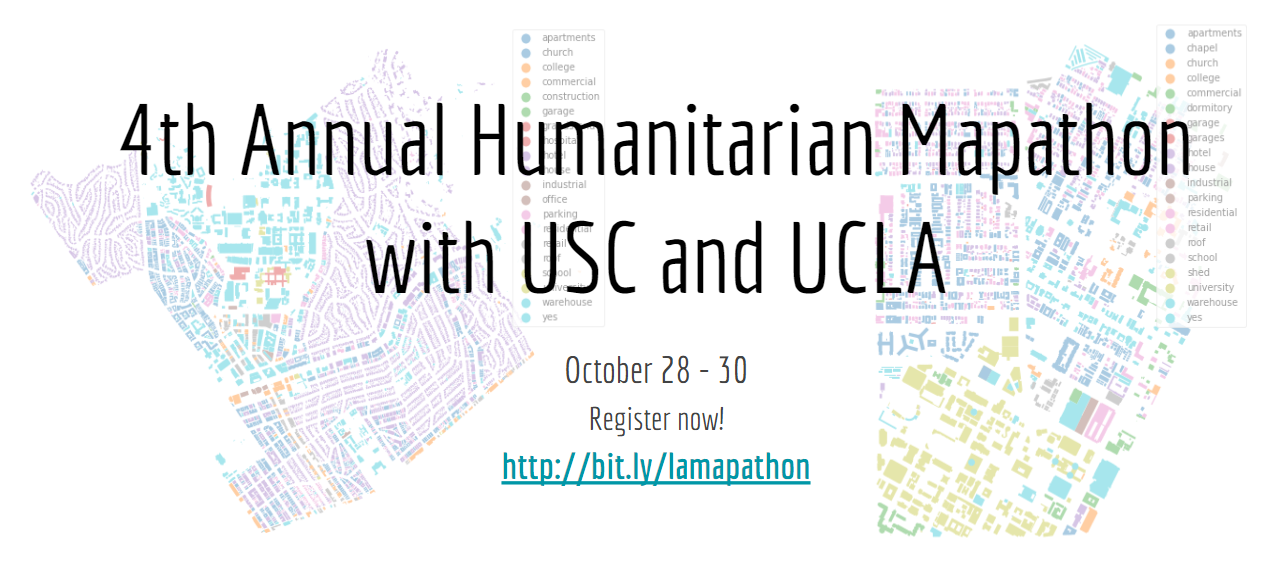Introduction to Regression in R
REGISTER FOR EVENT Regression analysis is one of the most powerful statistical techniques that is used to explain variability in a response (dependent) variable as a function of one or more predictor (explanatory or independent) variables. The aim of this seminar is to help participants increase their skills in using regression analysis with R. The seminar...
